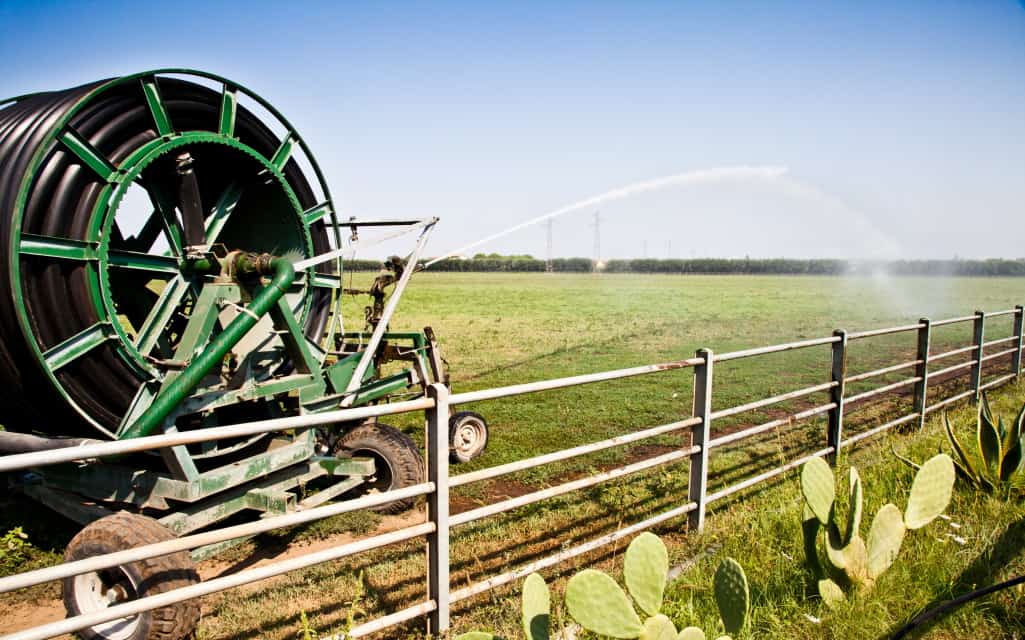Keeping a farm operating in the black can be a challenge for agricultural operations of all sizes. Even farm owners who have a general sense of financial literacy often struggle to understand what makes farm accounting different from the processes followed by other businesses. They can read on to find out about the four essentials of farm accounting to see how their establishments are really faring.
1. Timing Is Very Important
Timing is of the utmost importance in all aspects of farm management. While every farmer knows how important it is to plant and harvest their crops according to schedule, some underestimate the importance of timing when it comes to record-keeping.
The best solution is always to seek out accountants specializing in farming who can ensure the accuracy of farms’ balance sheets at all times. Farm owners who choose to go it alone need to keep track of all their establishments’ income, expenses, loans, assets, and liabilities, even when there’s no cash flowing through their accounts. Don’t forget about performing essential accounting tasks like noting down purchases made with borrowed funds, especially during the off-season when record-keeping procedures can become laxer.
2. Farmers Should Track Land and Soil Health Expenses
Keeping farmland healthy and productive can be expensive. Farmers must purchase fertilizer, install irrigation systems, improve drainage, remove weeds, control pests, and maintain soil health if they want their fields to experience ongoing productivity.
Since tasks like drainage improvements, tilling, and irrigation system installations can cost a good deal of money, they often warrant capitalization as improvements to the land. Consult a specialized tax professional to determine how to record the expenditures.
3. Valuation of Assets and Inventory is Always Changing
A farm’s assets can increase or decrease in value based on different factors. If farmers must improve infrastructure in greenhouses or outbuildings, for example, the value of those buildings will increase as a result of their investments into enhancing their functionality.
Similarly, the value of both crops and livestock varies based on ever-changing market rates. Farmers’ balance sheets need to include realistic and up-to-date inventory valuations that neither understate nor overstate the value of their inventory and infrastructure. Accurate and current valuations are especially important when farmers plan to take out agricultural loans.
4. Farmers Have Special Tax Considerations
As with most industries, farmers may be able to offset some of the cost of their new equipment against their taxes. In today’s era, that includes not just traditional farm equipment like tractors, trucks, and other farm machinery, but also computerized equipment. It can be challenging to figure out how to properly claim and depreciate these assets over the correct number of years, so most farmers hire agribusiness tax specialists to help them figure out how to get the most out of their investments while minimizing losses.
An experienced farm accountant can also help agribusiness owners determine the best way to plan their overall production and equipment investment strategies. This process requires carefully recording and categorizing yearly profits and losses to get the best long-term returns.
Work With Experts
Hiring an agribusiness tax and accounting service is a great way for farmers to take advantage of the special rules that apply to their industry. It’s also the best way to develop a focused tax plan that helps farmers achieve short-term and long-term plans for maximizing profitability and reducing losses, regardless of changing markets, government subsidies, and tax laws.



